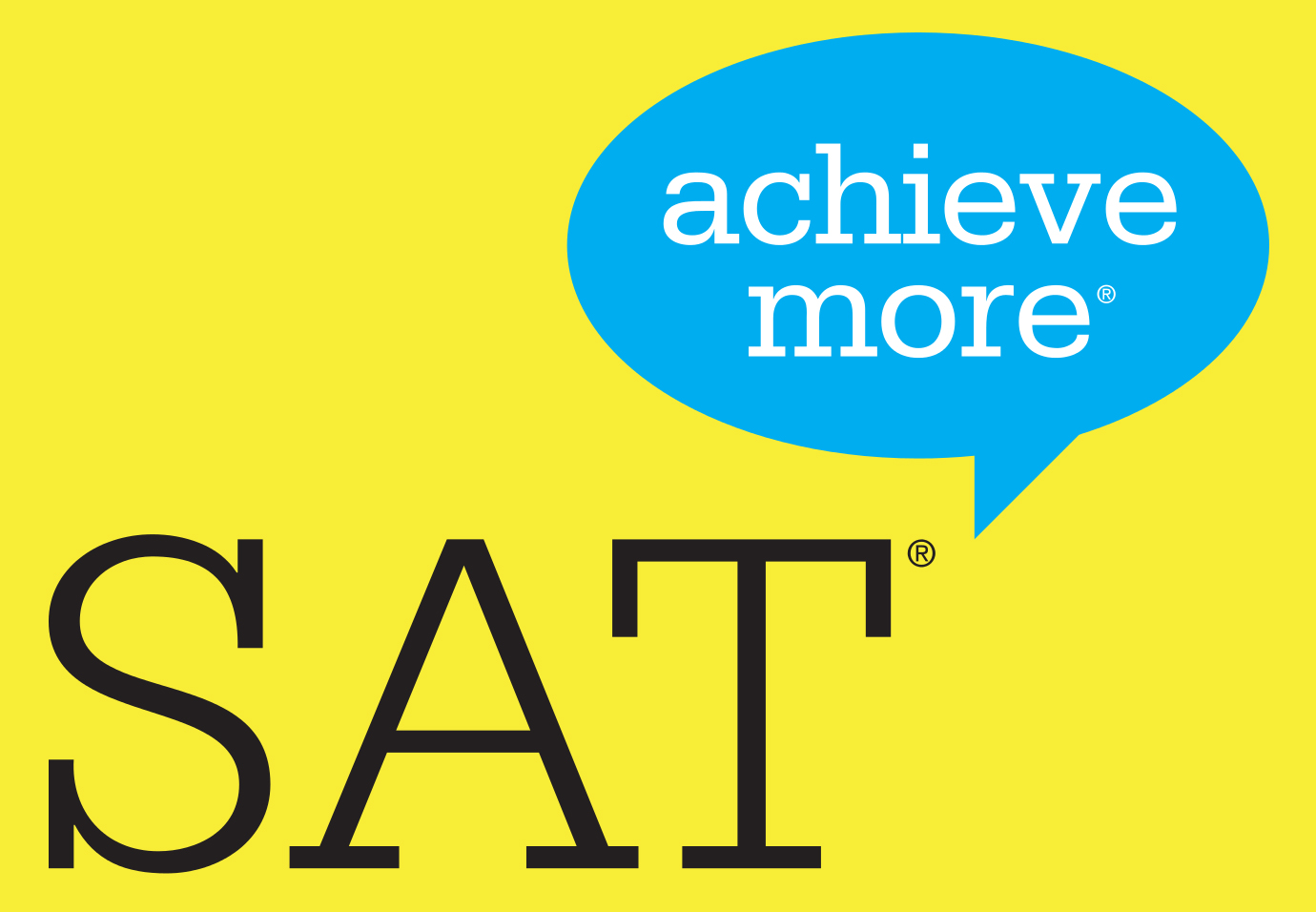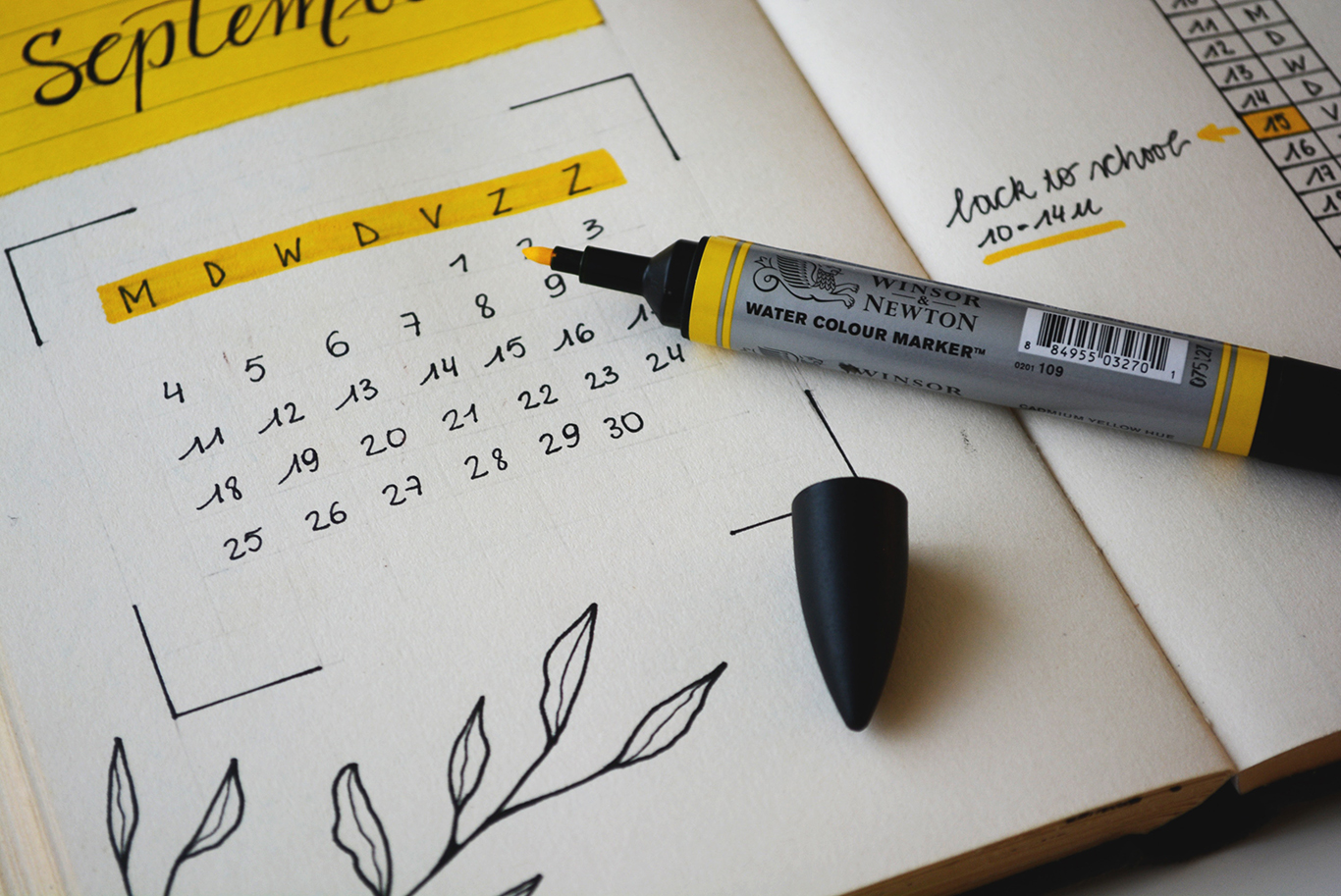How to ace the SAT
Soon or later, you will have to take that difficult SAT test. Do not fret. With a good strategy, you can ace it just fine.
As you approach the end of your high school career, a new challenge appears. We all know you do not like it, but you will have to take that SAT test. However, do not fret. With a good strategy, you can ace it just fine.
We all afraid of it. The SAT is one among the standardized test that defines your future, one way or another. Colleges often require candidates to submit their SAT scores along with their GPAs and recommendations. Having a good SAT score can be an advantage when you apply for one of those top schools. It can also save you a lot of money in the long term when you apply for scholarships.
The SAT can be difficult, especially to those whose English is the secondary language like me. To me, most of the trouble surrounds the Reading and Writing section of the test.
The SAT is a widely used standardized test used for college administration in the United State. It spans 3 hours and 40 minutes without the Essay and 4 hours 40 minutes with the SAT.
The SAT has four sections, with the Essay being optional. The four sections include (1) the Reading Test, (2) the Writing and Language Test, (3) the Math non-calculator Test, and (4) the Math calculator Test. The timing and number of questions are as follows:
| Component | Time Allotted (minutes) | Number of Questions |
|---|---|---|
| Reading | 65 | 52 |
| Writing and Language | 35 | 44 |
| Math (non-calculator) | 25 | 20 |
| Math (calculator) | 55 | 38 |
The Essay is optional, but some schools require it. Some may not require but recommend it. Several others may completely ignore it. If you have some potential schools in mind, it is important to check their requirements.
How hard is the SAT?
It is impossible to answer this question since it depends on an individual’s capability. The SAT can be extra difficult if you are an international student like me, whose English is a secondary language. This makes the Reading and Writing sections pains in the ass. However, there are ways to improve your score on the SAT, no matter what disadvantages you have.
When should I start studying the SAT?
How early you should start depends on how good you are academically and how you intend to organize your time. From my experience, you should begin from your sophomore year or earlier.
The reason is that you may be really busy during your junior year since in most case, you will take on challenging courses (such as APs) and get ready for college during this time.
In addition, starting early allows you the spread out your study. You will not have to learn a burden of knowledge at once and be stressful about it. Moreover, scientific study shows that learning is most efficient when spacing out since our brains need time to process what we learn. Seriously, don’t cram before the exam.
Starting early also allows you to take the SAT many times. Most students take the SAT one first time to have the feels of it. However, keep in mind that you should not take the SAT too many times because it may look back when applying for college. Generally, taking it 2 – 3 times is fine, and the fewer you take the better.
How should you prepare for the SAT
Certainly, it is important to have a good strategy in order to ace the exam.
Create a schedule and stick to it
Consistency is the key. It is recommended that you create a schedule to practice the SAT. For example, try to devote 20 minutes every day to do some SAT questions or look over its material. If you have a lot of homework, find some free time during the weekend. Whatever it is, you need to stick to it! You can subscribe to Khan Academy for a daily reminder.
Set a goal and learn from your mistake
This is obvious, but you need to set a goal for yourself. This can be a target score or a target time. Every time you do a practice test, take note of how long it takes for you and try to beat it next time.
Try to analyze what you do incorrectly most of the time and work on it. The SAT will just go over again and again on several basic concepts. Despite the difference in questions and contents in different tests, there is a pattern. When you practice enough, you will realize the pattern and master it.
Doing that Math and English homework
Focusing on the SAT should not be an excuse for you to drop school works. Doing that Algebra homework does help on the SAT. Those English grammar practices surely help in the Writing section. After all, the SAT seeks to assert what you learn in school.
In fact, those who are doing well in school may achieve a reasonable score on the SAT with zero knowledge about it.
Do some reading
I would recommend this to those whose English is their secondary languages. You should read articles in science magazines or pick up a book. Some may find U.S History or related courses can help on the Reading section. For a list of what to expect, check out the College Board article here. Have a background in several topics is a big plus when it comes to the reading section.
Furthermore, the more you read, the faster you can do. This is important in a time constraint test like the SAT. In fact, there are five reading passages in the SAT. Given that the total allotted time of 65 minutes, you should spend 13 minutes on answering questions on each passage. It is recommended that you read each passage in 5 minutes. If you find yourself a slow reader, it is a big “uh oh!”, and you need to work on it.
Learn from the veteran
If you know someone who has done well on the SAT, ask them tips on how to improve your skills. I also recommend going to SAT study groups to discuss the SAT. The SAT community on Reddit is a great place to learn and improve.
Learn from available materials
Books
There are several books I would recommend for the SAT.

For the Math section, I recommend The College Panda’s SAT Math. The explanation is very clear, and the book includes all the Math concept you can expect on the exam.
For the Reading section, I recommend The Complete Guide to SAT Reading (The Critical Reader).
As for the Writing section, I recommend The Ultimate Guide to SAT Grammar (The Critical Reader) and The College Panda's SAT Writing.
For the SAT in general, make sure to check out College Board’s Official SAT Study Guide. It is very close to the actual test because it comes from test makers themselves. The Guide gives detailed explanations to the 8 practice tests so you can get into the mind of the test makers. I cannot stress enough how helpful the College Board’s book is. Also, check out SAT Prep Black Book as I heard good reviews about it.
Online resources
The internet is your best friend, seriously,
I recommend UWorld. You can get a its sample QBank 180-day Access using this link (link expired, sorry!). Many people say that UWorld’s questions are more difficult than the real tests so it can over prepare you (which is a good thing, in my opinion). Just between you and me, I have done UWorld and realized that it takes question from real tests. Therefore, it is a good deal to familiarize yourself with the test.
Khan Academy is another good resource. What I like about Khan Academy is that you can link it to your College Board account. If you have taken the SAT, Khan Academy will analyze your result and give you personalized recommendations. You can also set a goal and schedule, and Khan Academy will notify you to practice when it is the time to do so. Of course, I cannot forget to mention that it is free.
Practice tests and Real tests
Get the 8 official practice tests from the College Board. You can also take them on Khan Academy.
There are also QASs, which are basically real tests that are released as a service. You can find them for free on this Reddit post.
My tip is not to do all the tests right from the start. Use them as diagnostic tests. Only if you are days away from your test should you cram through all the tests to see the varieties of questions.
As you do, note down questions that give you troubles. Also look into the reasons why you get any questions wrong. Try to figure out the types of questions that often give you trouble and work on them.
Whatever resource you have, go with it. You may find yourself wasting time finding the best resources ever. It is better to just grind on what you have.
More importantly: Have a healthy lifestyle
This may seem trivial but I would argue having a healthy lifestyle is more important than studying.

- Have a good diet. Try to eat more healthily and take less junk food. Make sure to eat only the best for your body. It helps on the test day and on your preparation. More importantly, make sure you have breakfast on the test day. Also, drink a lot of water. This seems obvious but water helps you become more awake, which improve your performance.
- Have enough sleep. Do not try to stay up all night to study for the SAT. Trust me, it is not worth it. In fact, it is bad. Make sure you have the minimum of 7-7.5 hours every night. Do not sleep too much, though. It will make you become more tired.
- Do exercise. Oh boy, this is the hardest. But really, I promise this helps boost your performance by 200%. Try to go to the Gym or play sports. If they are not your cup of coffee, try jogging. Doing everything to boost your heart performance can help on the test day.
It is not difficult to archive a healthy lifestyle. Once you are into it, it will become parts of your life. Furthermore, keep in mind that this not only helps you on the SAT but also your life in the long run.
On the test day
You have done all the hard work. This is the big day.
Be concentrated, always.
Try to work on your concentration. This is a big challenge when doing the SAT. You may feel exhausted as you approach a difficult Reading passage. However, do not lose your concentration. Focus! Skip it and go back to it later.
On the other hand, you may feel tempted to slow down after finishing an easy passage. Don’t! If you finish a passage early, quickly move on to the next one so that you have some time in the end to review your answer.
About your calculator
A calculator is permitted for the Math calculator section on the test day. Even though the whole SAT Math section is designed to be solvable without a calculator, learning how to use one can save a lot of time.
For a list of allowed calculators, check out the College Board’s website.
You do not need to use an expensive high-tech calculator for the SAT. One like the classic Casio fx-115ES Plus is good enough. You do not need a graphing calculator.
It is more important that you use the one you know the best rather than the newest one in the market. It is recommended to use the same one that you use for practice.
Final words
That is pretty much the basic ideas on how to ace the SAT. I will soon write a more detailed guide for each section (Reading, Writing, and Math) of the SAT.
For the time being, keep up with what you are doing. I am going to take the SAT this October myself. Best of luck to all.
Disclosure: Your Amazon purchases using the links above support my work. Thank you! (You will not be charged any extras)

